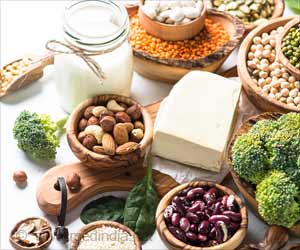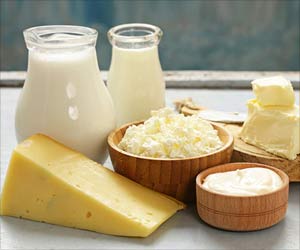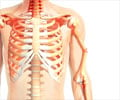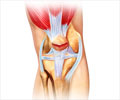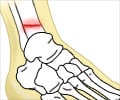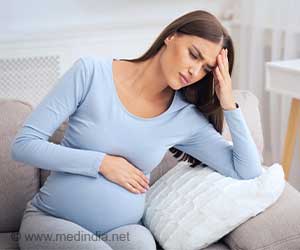When bone loss is accelerated during the menopause transition, dairy products offer little benefit in preventing bone mineral density loss or fractures, reveals a new study.
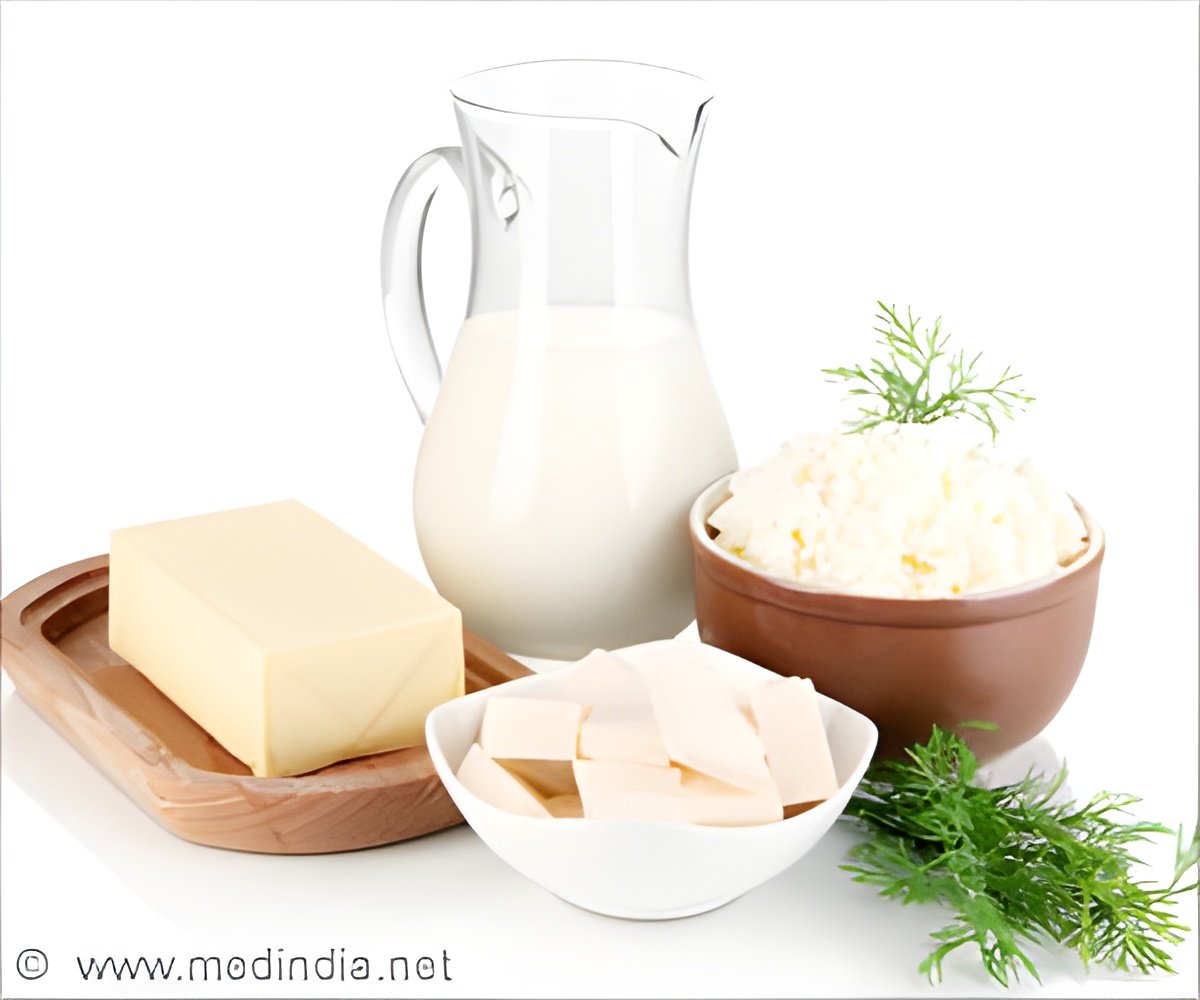
‘Despite containing essential nutrients, dairy products do not benefit lumbar spine or femoral neck bone density, nor do they protect against fracture risk during the menopause transition.
’





Unfortunately, as women enter the menopause transition, bone loss accelerates and may lead to osteoporosis. According to SWAN data, this bone loss is not slowed down by the consumption of dairy products nor is fracture risk mitigated. The new study specifically looked at the effect of dairy intake on femoral and spine bone mineral density. It is one of the few studies dedicated to examining how dairy consumption affects a woman's risk of bone loss and fractures across the menopause transition. Because two of the greatest risk factors for osteoporosis--age and sex--are beyond a woman's control, there is an increased focus on possible modifiable risk factors to slow this irreversible, age-related, progressive, degenerative skeletal disease that makes a woman more susceptible to bone fractures. Women are at greater risk for osteoporosis than men, and the risk increases significantly as women age.
"This study adds to the existing, albeit inconsistent, data suggesting a lack of benefit from the dairy intake on bone mineral density and fracture risk. However, there are many other health benefits of a Mediterranean-type diet rich in fruits, vegetables, and whole grains, as well as lean protein such as fish and low-fat dairy.
In addition, regular weight-bearing exercise, such as walking or jogging, can help maintain bone strength, and activities that improve strength and balance, such as yoga and tai chi, may help prevent falls," says Dr. Stephanie Faubion, NAMS medical director.
Source-Eurekalert


